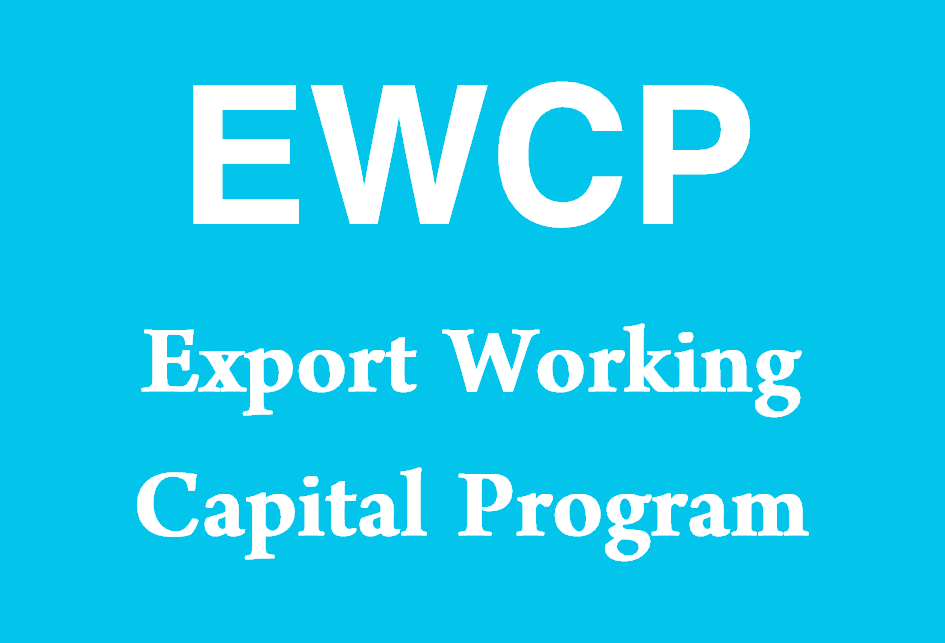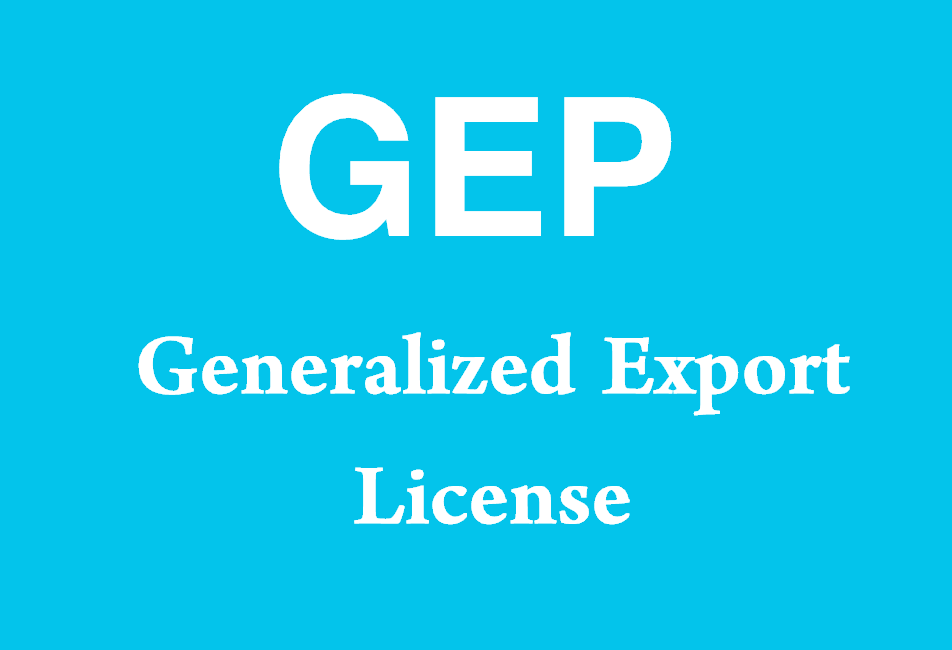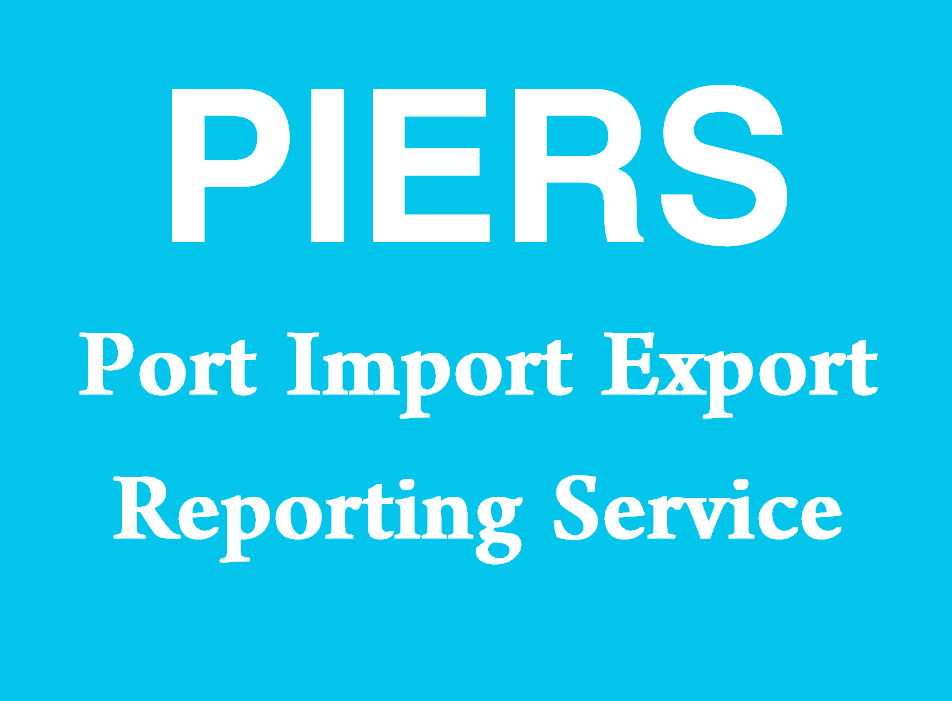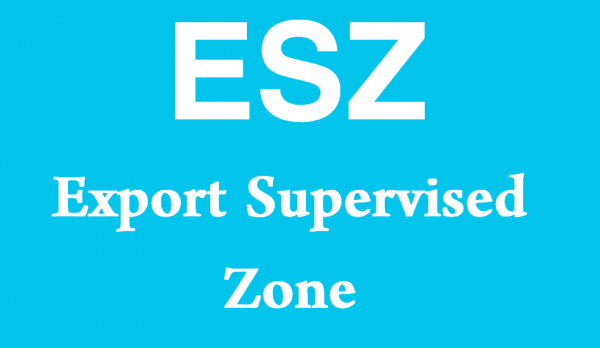What does ETC stand for?
ETC stands for Export Trading Company. An Export Trading Company is a business entity that provides a range of services to facilitate the export of goods and services from one country to international markets. These services often include market research, export documentation, shipping, and logistics support. Understanding the role and functions of an ETC is crucial for businesses looking to expand their reach into global markets and navigate the complexities of international trade.
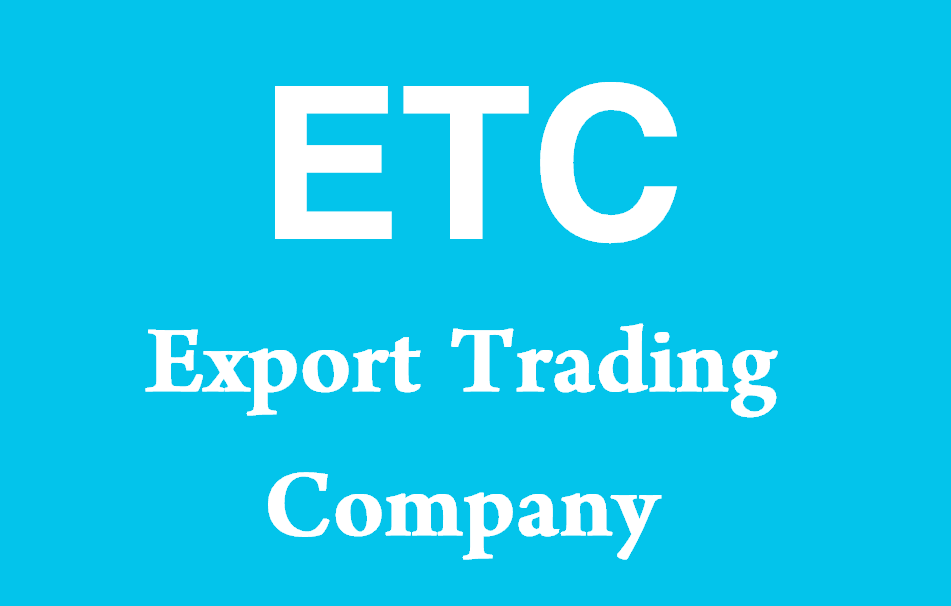
Comprehensive Explanation of Export Trading Company
Definition and Importance
What is an Export Trading Company (ETC)?
An Export Trading Company (ETC) is a firm that specializes in providing services and support to companies looking to export their goods and services to foreign markets. ETCs act as intermediaries, helping businesses navigate the complexities of international trade, including market research, export documentation, shipping logistics, and compliance with foreign regulations. By offering these services, ETCs enable businesses to expand their market reach and increase their export sales without needing extensive in-house expertise in international trade.
Key Features of ETC
- Market Research: ETCs conduct comprehensive market research to identify potential international markets and opportunities for their clients’ products.
- Export Documentation: ETCs handle the necessary paperwork and documentation required for exporting goods, ensuring compliance with international trade regulations.
- Logistics and Shipping: ETCs arrange and manage the logistics of shipping goods to foreign markets, including transportation, warehousing, and distribution.
- Regulatory Compliance: ETCs ensure that all exports comply with the regulatory requirements of both the home country and the destination country.
- Risk Management: ETCs help mitigate risks associated with international trade, such as currency fluctuations, political instability, and customs issues.
Functions and Services of an ETC
Market Research and Analysis
ETCs conduct thorough market research to help businesses identify and evaluate potential international markets. This includes analyzing market trends, consumer preferences, competitive landscapes, and regulatory environments. The insights gained from this research enable businesses to make informed decisions about which markets to enter and how to position their products.
Export Documentation and Compliance
One of the primary functions of an ETC is to handle the complex documentation required for exporting goods. This includes preparing and processing documents such as invoices, bills of lading, certificates of origin, and export licenses. ETCs ensure that all documents are accurate and comply with the legal requirements of both the exporting and importing countries.
Logistics and Supply Chain Management
ETCs manage the logistics of shipping goods to foreign markets, coordinating with various transportation providers, warehousing facilities, and distribution networks. They ensure that goods are shipped efficiently and cost-effectively, minimizing delays and reducing shipping costs. ETCs also handle customs clearance and other related logistics tasks.
Trade Finance and Payment Solutions
ETCs often provide trade finance services to help businesses manage the financial aspects of international trade. This includes offering solutions such as letters of credit, export credit insurance, and factoring. These financial instruments help businesses manage cash flow, reduce payment risks, and ensure timely payment for exported goods.
Marketing and Sales Support
ETCs assist businesses in developing and implementing marketing strategies tailored to international markets. This includes promoting products through various channels, establishing distribution networks, and managing sales activities. ETCs leverage their expertise and relationships in foreign markets to drive sales and increase market penetration.
Benefits of Using an ETC
Access to Expertise
ETCs possess specialized knowledge and expertise in international trade, including market research, export regulations, logistics, and finance. Businesses can leverage this expertise to navigate the complexities of exporting without needing to develop in-house capabilities.
Cost Savings
By outsourcing export-related tasks to an ETC, businesses can save on costs associated with hiring and training staff, managing logistics, and handling documentation. ETCs also have established relationships with service providers, allowing them to negotiate better rates and terms.
Risk Mitigation
ETCs help businesses mitigate risks associated with international trade, such as non-payment, currency fluctuations, and compliance issues. They provide solutions and support to manage these risks effectively, ensuring smoother and more secure export operations.
Market Expansion
ETCs enable businesses to expand their market reach by identifying and entering new international markets. Their market research and sales support services help businesses understand and capitalize on opportunities in foreign markets, driving growth and revenue.
Challenges and Considerations
Choosing the Right ETC
Selecting the right ETC is crucial for maximizing the benefits of their services. Businesses should evaluate potential ETCs based on their experience, expertise, service offerings, and track record. It is important to choose an ETC that aligns with the business’s goals and has a deep understanding of the target markets.
Coordination and Communication
Effective coordination and communication between the business and the ETC are essential for successful export operations. Clear communication ensures that both parties are aligned on objectives, timelines, and responsibilities, minimizing misunderstandings and delays.
Cost Management
While ETCs can provide cost savings, businesses must carefully manage the costs associated with their services. It is important to understand the fee structure and ensure that the costs are justified by the value provided. Businesses should also consider the potential impact on profit margins.
Best Practices for Working with an ETC
Define Clear Objectives
Businesses should define clear objectives for their export activities and communicate these objectives to the ETC. This includes specifying target markets, product lines, sales goals, and any specific requirements or constraints.
Establish Strong Partnerships
Building a strong partnership with the ETC is crucial for long-term success. Businesses should invest time in developing a collaborative relationship, fostering trust, and maintaining open lines of communication. Regular meetings and updates help ensure that both parties are aligned and working towards common goals.
Monitor Performance
Regularly monitoring the performance of the ETC is important to ensure that they are meeting the business’s expectations and delivering value. This includes tracking key performance indicators (KPIs) such as sales growth, market penetration, and cost savings. Businesses should provide feedback and address any issues promptly.
Future Trends in Export Trading Companies
Digital Transformation
The digital transformation of trade processes is reshaping the role of ETCs. The adoption of digital platforms, e-commerce, and electronic documentation is enhancing the efficiency and transparency of export operations. ETCs are increasingly leveraging technology to provide better services and support to their clients.
Sustainable Trade
There is a growing emphasis on sustainable trade practices, driven by consumer demand and regulatory requirements. ETCs are helping businesses adopt sustainable practices by providing guidance on eco-friendly packaging, supply chain sustainability, and compliance with environmental standards.
Integration with Global Trade Networks
ETCs are increasingly integrating with global trade networks to provide seamless services across multiple markets. This includes establishing partnerships with foreign trade organizations, leveraging trade agreements, and participating in global trade platforms. These integrations enhance the reach and capabilities of ETCs.
Notes to Importers
Understanding the Impact of Export Trading Companies
For importers, understanding the role and functions of Export Trading Companies (ETCs) is crucial for managing supply chain relationships and ensuring smooth import operations. ETCs play a significant role in facilitating international trade, and their services can directly impact the efficiency and cost-effectiveness of importing goods.
Key Considerations for Importers
Supplier Relationships
Importers should maintain strong relationships with suppliers who work with ETCs. Effective communication and collaboration with these suppliers help ensure that imports are handled efficiently and that any issues are promptly addressed.
Cost Management
Understanding the cost structure of ETC services is important for importers. Importers should evaluate the costs associated with using an ETC and ensure that they align with their budget and profitability goals. This includes negotiating favorable terms and seeking cost-saving opportunities.
Compliance and Documentation
ETCs handle much of the export documentation and compliance requirements, which can impact the importing process. Importers should ensure that all required documentation is accurate and complete to avoid delays and compliance issues. This includes understanding the specific requirements of the importing country.
Risk Mitigation
Importers should work with ETCs to mitigate risks associated with international trade, such as delays, non-compliance, and quality issues. This includes implementing risk management strategies and maintaining open communication with the ETC and suppliers.
Sample Sentences Using ETC
- “The company partnered with an ETC to streamline its export processes and expand into new international markets.”
- Meaning: The company collaborated with an Export Trading Company to improve its export operations and reach new global markets.
- “By using an ETC, we were able to reduce shipping costs and ensure timely delivery of our products.”
- Meaning: Utilizing an Export Trading Company helped us lower shipping expenses and guarantee prompt product deliveries.
- “ETCs provide valuable market research and analysis, helping businesses identify the best markets for their products.”
- Meaning: Export Trading Companies offer important market research services that assist businesses in finding suitable markets for their goods.
- “The ETC handled all the necessary export documentation, ensuring compliance with international trade regulations.”
- Meaning: The Export Trading Company managed all required paperwork, making sure it met global trade laws.
- “Working with an ETC allowed us to mitigate risks and navigate the complexities of international trade more effectively.”
- Meaning: Partnering with an Export Trading Company helped us reduce risks and handle the challenges of global trade more efficiently.
Other Meanings of ETC
| Acronym | Full Form | Description |
|---|---|---|
| ETC | Et Cetera | A Latin term meaning “and other things” or “and so forth,” used to indicate the continuation of a list. |
| ETC | Electronic Toll Collection | A system for collecting tolls electronically on highways, bridges, and tunnels. |
| ETC | Entertainment Technology Center | An organization or facility focused on the development and promotion of entertainment technologies. |
| ETC | Estimated Time of Completion | The projected time at which a project or task is expected to be completed. |
| ETC | Emergency Trauma Center | A medical facility specializing in emergency care and treatment of trauma patients. |
| ETC | Energy Technology Company | A company involved in the development and production of energy technologies and solutions. |
| ETC | Educational Technology Consultant | A professional who provides advice and support on the use of technology in educational settings. |
| ETC | Electronic Trading Company | A firm that facilitates electronic trading of financial instruments, such as stocks and bonds. |
| ETC | Enzyme Technology Corporation | A company specializing in the development and production of enzymes for various industries. |
| ETC | Environmental Training Center | An organization that provides training and education on environmental issues and practices. |
| ETC | Executive Training Course | A program designed to develop the skills and knowledge of business executives and leaders. |
| ETC | European Training Consortium | An organization that collaborates on training and education initiatives across Europe. |
| ETC | Extraterrestrial Contact | Communication or interaction with beings from other planets or galaxies. |
| ETC | Emergency Telecommunications | Systems and services that provide communication during emergencies and disasters. |
| ETC | Equipment Test Center | A facility where equipment is tested for performance, safety, and compliance with standards. |
| ETC | Enhanced Transportation Corridor | A designated route with improved infrastructure and services for efficient transportation. |
| ETC | Electronic Text Center | A digital repository of electronic texts and literature. |
| ETC | Extended Temperature Conditions | Operating conditions that involve a wider range of temperatures than standard environments. |
| ETC | Earthquake Training Center | An organization that provides training on earthquake preparedness and response. |
| ETC | Engineering Technical Committee | A group of experts that provides guidance and oversight on engineering projects and standards. |


